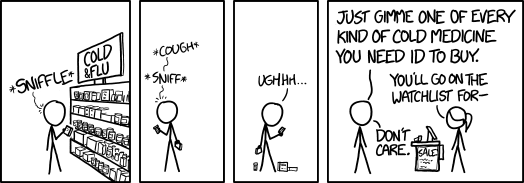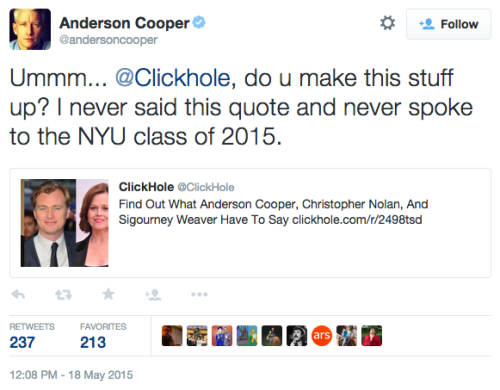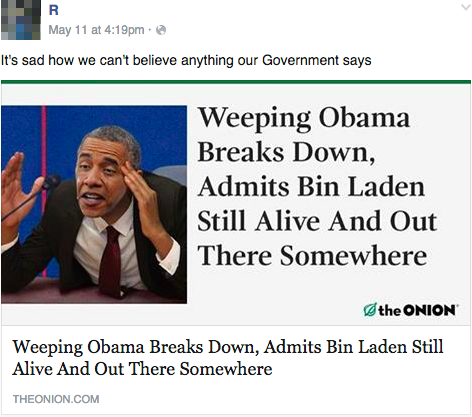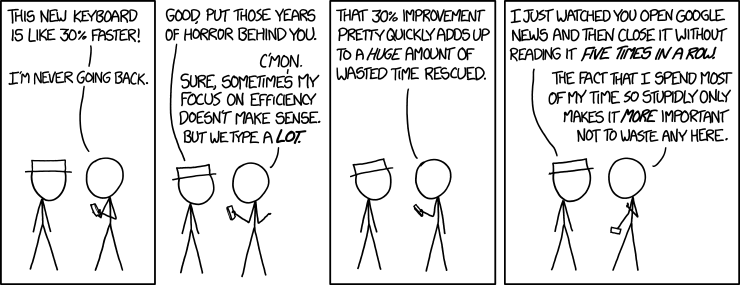Normally, I use my blog as a soap-box for spouting complex opinions. Twitter, with its 140 character limit, is very constrained: it's almost impossible to express long, nuanced opinions. But sometimes it's necessary to eat your own dog food. Here's a series of eleven tweets I posted last week, expressing a hypothesis about what's wrong with twitter today.
If your business model relies on ads for income, you require eyeballs. Easiest way to get them is to generate outrage/emotional kick. /1
Hence clickbait news sites. Hence internet rumours. Hence paranoia. Outrage draws eyeballs to ads, it's as simple as that. /2
The ad networks don't care about truth, honesty, accuracy in reporting, public discourse, or democracy. Just eyeballs and CPM. /3
Ad networks compete. They drive ad prices down b/c we only have 168 hours/person/week to look at them. This promotes escalation. /4
Trying to build a business on ad revenue is like building on quicksand. FB and Twitter are huge; have to keep growing or die. /5
So FB/Twitter are driven to escalate, become more addictive, push the dopamine reward button harder all the time, to keep selling ads. /6
Traditional TV/newspaper news didn't continually escalate emotional engagement b/c ad space was a rivalrous resource; barriers to entry /7
... were steep. New media know they can be killed and eaten in months by upstarts. So the competition to be the most addictive is fierce. /8
Solution? Global ban on ad-supported social media. Instead, micropayment architecture funded via ISP subscriptions. Unfortunately ... /9
That's not what we've got. It's the phone system (you pay your provider for access) but the web was free to push growth in early days. /10
And it may be too late to re-engineer the web so that it doesn't destroy democracy and promote politics of hate on a global scale. END /11
So here's my question for the blog discussion: what is to be done?
(Point of clarification on tweets 9-10: the phone system effectively runs on micro-billing, with costs for services passed on to the end-user eventually, either by being bundled up in a line rental fee or by being charged per unit consumed. But the internet was originally a corporate/academic system where commercial use was actually forbidden (I'm thinking back to NSFNet and ARPANet days). And as the web was built out from about 1993 onwards, everyone agreed to make the new internet free but for infrastructure fees (the line rental on your DSL modem), and that services provided over the internet should be funded on a per-service basis by subscription or advertising. So there's no universal micro-billing mechanism in place.)





